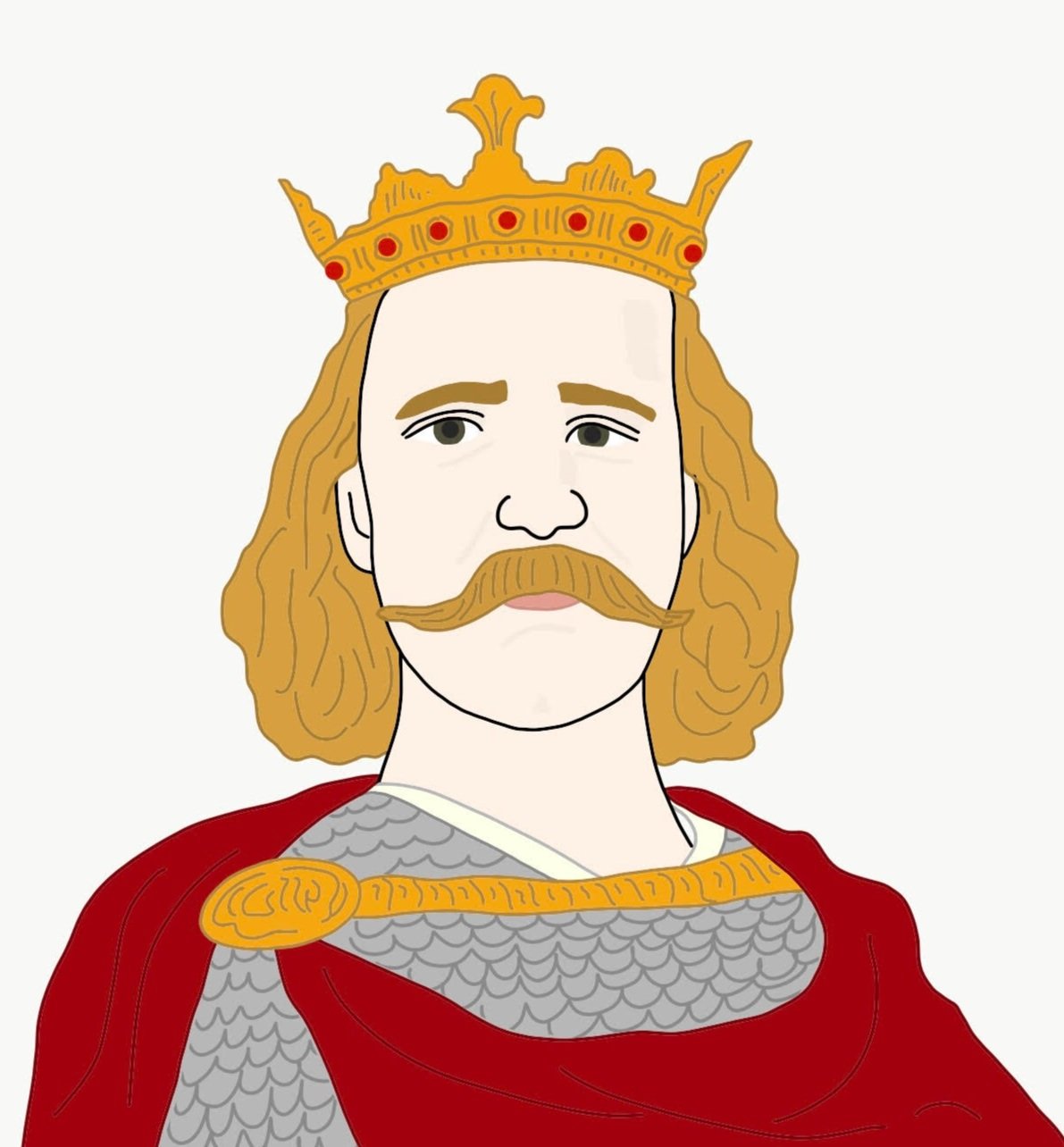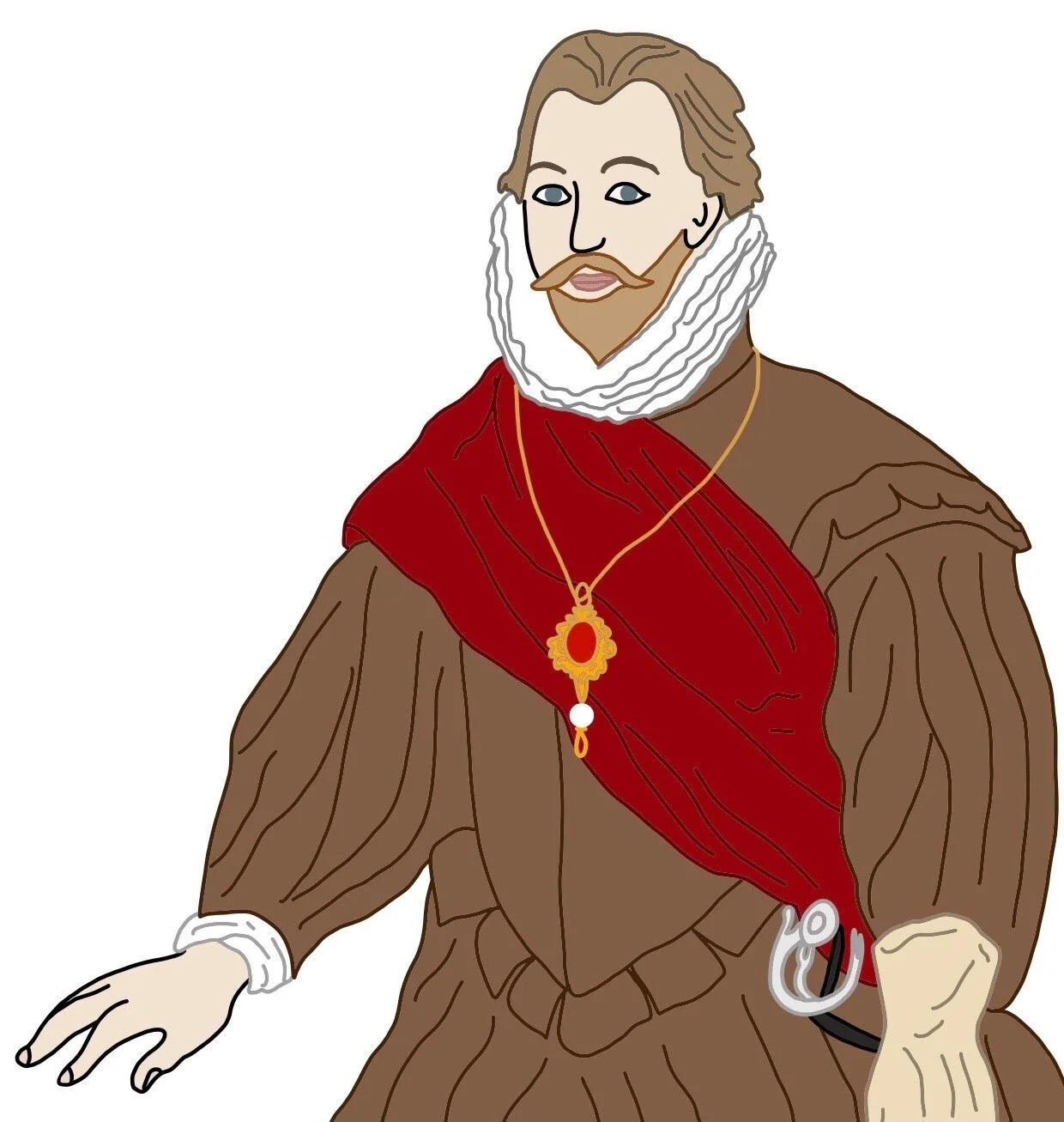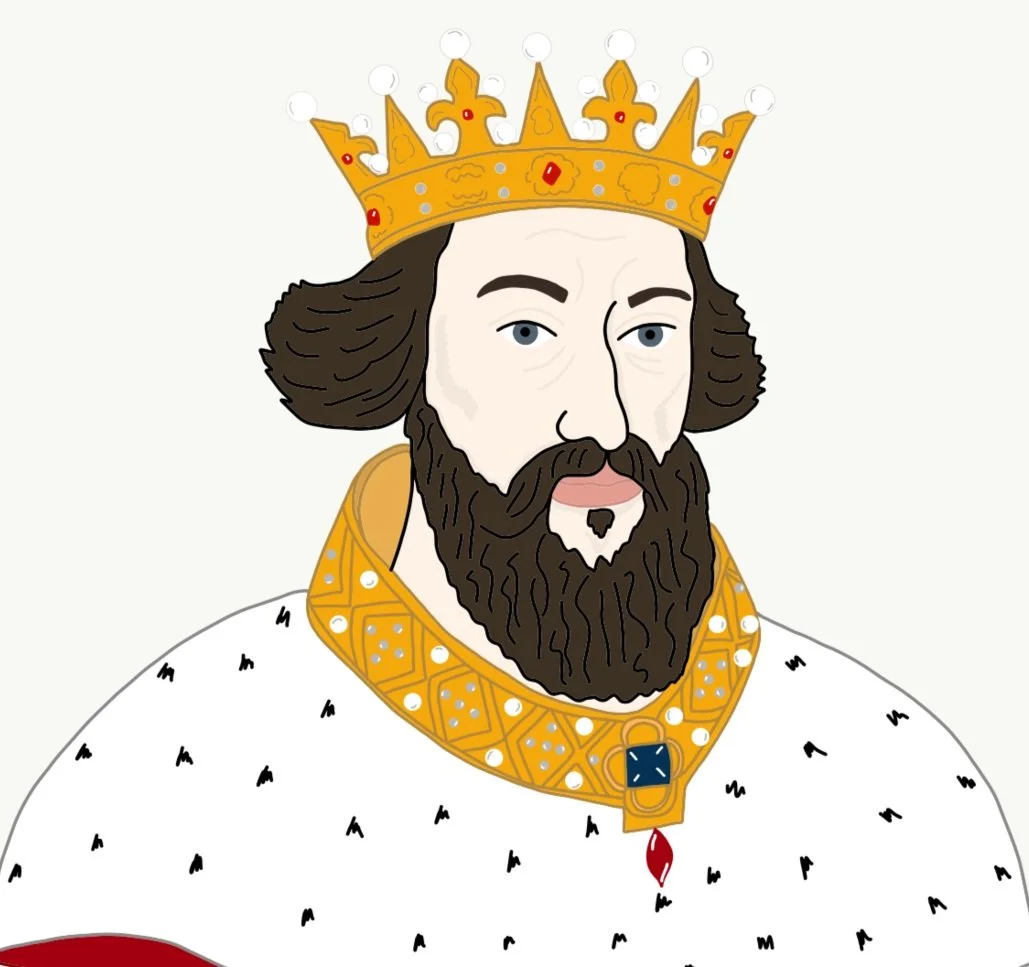September 23rd - 29th
On 23rd September…
The first Emperor of Rome was born
63BCE – Augustus Caesar was born in Rome. He was the great-nephew and adopted son of Julius Caesar who went on to become the first Emperor of Rome.
1215 – Kublai Khan was born in Mongolia. He was the grandson of Genghis Khan, the founder and first ruler of the Mongolian Empire. Kublai also became Emperor of the Mongols and expanded his empire into China where he conquered the Song Dynasty and founded the Yuan Dynasty of China.
1459 – The Battle of Blore Heath took part in Staffordshire, England. It was the second battle of the English Wars of the Roses and a victory for the House of York led by the Earl of Salisbury. Despite being heavily outnumbered by the Lancastrian forces, the House of York won the battle. The Wars of the Roses was a series of battles between cousins who headed the House of York and the House of Lancaster, over who had the rightful claim to the throne of England. Both cousins, Richard Duke of York (House York) and King Henry VI (House Lancaster) claimed the right to be king through their relationship to King Edward III. Had it not been for Henry VI’s bouts of madness and lack of leadership skills his cousin Richard might not have intervened and the wars might never have happened.
On 24th September…
1564 – William Adams the English explorer, who became the first Englishman to reach Japan, was born in Kent. He first arrived in Japan in 1600 on a ship that was originally headed for Indonesia but had been battered and blown off course by storms. At this time not many Europeans had been to Japan and it is believed that the first were Portuguese mariners blown off course in 1543. William Adams was summoned to a city called Osaka where he was detained and questioned by the shogun, Tokugawa Ieyasu. The shogun was a military ruler who held a lot of control and demanded a lot of respoect. The Shogun of Osaka, Tokugawa Ieyasu, was so impressed with Adam’s knowledge of ships and navigation that he released him and made him one of his confidantes.
Adam’s was refused permission to return to his family in England, so he became permanently settled in Japan and raised a new family. He became known as Anjin (Pilot) and oversaw the construction of western style ships. Adams also officiated, or became responsible for negotiations, between the shogun and European traders who soon began visiting Japan.
On 25th September…
King Harold II victorious at Stamford Bridge
1066 – The Battle of Stamford Bridge took place between King Harold (Godwinson) II of England and an invading army og vikings led by a contender to the English throne, King Harald (Hardrada) III of Norway who was accompanied by the King of England’s brother Tostig.
Despite being exhausted from their 185-mile march north, covering the distance in just four days, King Harold II and his army easily defeated the Vikings. The invading army was taken completely by surprise because they did not expect King Harold and his army to march north and attack.
In the fierce fighting that followed, both King Harald III, and his accomplice Tostig, were killed. It is said that of the 300 ships that had arrived on the shores carrying the Vikings only 24 were needed to take the survivors back to Norway.
On 26th September…
Francis Drake returns to England after circumnavigating the globe
1580 – Sir Francis Drake returned to Portsmouth having become the first Englishman to circumnavigate, or sail all the way around, the world. He had set out three years earlier with the permission of Queen Elizabeth I to explore the west coast of the Americas and to also cause havoc to Spanish ships along the way. England and Spain were not friendly at the time. Sir Francis Drake took this permission to devote his voyage to acts of piracyagainst the Spanish ships he encountered. When he returned to England aboard his ship, The Golden Hind, it was laden with treasures and spices from around the globe. When the ship was moored on the river Thames in London, Queen Elizabeth I went aboard the ship to greet Drake and bestow a knighthood him.
1973 – Concorde made its first non-stop crossing of the Atlantic in a recording breaking time of 3 hours and 33 minutes. Concorde was the first supersonic passenger carrying aircraft. Its fastest flight across the Atlantic occurred in 1996 when it completed the journey in just 2 hours and 52 minutes. The average flight from London to New York today takes about 7 hours.
On 27th September…
Egyptian heiroglyphs are decoded
1822 – Egyptian hieroglyphs were deciphered by Jean-Francois Champollion, a French scholar, by using the Rosetta Stone. Champollion could already speak Greek and Coptic the two other languages inscribed on the stone and after years of research and study he finally managed to work out that the hieroglyphs were not just pictures but phonetic sounds. The inscription written on it is a decree passed by a council of priests affirming Ptolemy V as pharaoh on the first anniversary of his coronation. The Rosetta Stone is on display in the British Museum in London.
The first passenger train takes a trip
1825 – George Stephenson’s locomotive No.1 became the first steam locomotive to carry passengers along the first railway track, the Stockton-Darlington Railway, to operate both freight and passengers. Stephenson drove his train at a speed of 15 miles per hour pulling wagons carrying 450 passengers.
On 28th September…
551BCE - Confucius, who is known in China as Kongzi or Kongfuzi (Master Kong) was born. He was a sage (wise man) scholar and philosopher who is known as the first teacher in China. He is remembered throughout East Asia on this day; in Taiwan it is an official holiday called Teachers’ Day.
William lands in England ready to Conquer
1066 - William, Duke of Normandy landed with about 700 ships at Pevensey Bay on the south coast of England to make his claim on the English throne. He immediately started to build a fortification, within the walls of the Roman fort which once stood there, in which to shelter his army. The next day he marched along the coast to Hastings and waited for King Harold II to arrive from his recent victory against the Vikings at Stamford Bridge near the city of York.
King Henry I victorious at Tinchebray
1106 - King Henry I (son of William the Conqueror) defeated his own brother, Robert Curthose, at the Battle of Tinchebray in Normandy. Robert believed that he had more right to the English throne than Henry because he was the older brother.
The argument between the two brothes began when Richard believed Henry had something to do with the suspicious death of their other brother William Rufus. WIlliam Rufus was King of England when he died in a hunting accident in the New Forest. Suspicions arose as to whether it was an accident or not when Henry had raced to claim the throne instead of seeing to his dying brother.
Robert was captured and held prisoner until he died in 1134.
Penicillin is discovered by accident
1928 - Alexander Fleming discovered penicillin. He had accidentally left an uncovered petri dish containing bacteria by an open window before going away on summer break. Upon returning to the laboratory Alexander noticed that the dish had became contaminated with mould spores, and more importantly that the bacteria in the dish near to the mould was dying. He isolated the mould and tested it further, finding it could kill a number of different bacteria. He called the mould penicillin.
On 29th September…
1758 - Horatio Nelson was born in Norfolk. He was a British naval commander who was famous for defeating Napoleon at the Battle of Trafalgar. Nelson joined the navy at the age of 12 years and became Captain when he was 20 years old. During his many battles he lost the sight in his right eye and later, his right arm. He was killed at the Battle of Trafalgar and his body was preserved in a keg of brandy and transported back to England where he was given a state funeral. His statue, Nelson’s Column, stands in the centre of Trafalgar Square in London.
Bobbies start walking the beat
1829 - The first units of the Metropolitan Police patrolled the streets of London. They became London’s first regular police force with the police officers becoming known as ‘Bobbies’ or ‘Peelers’ after its founder Sir Robert Peel.








